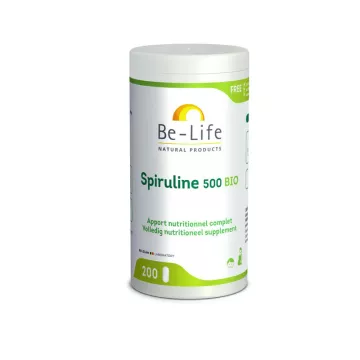

Recovery is crucial in the life of an athlete. Effective techniques include hydrotherapy, cryotherapy and dynamic stretching. It's also important to incorporate a balanced, protein-rich diet and adequate rest periods.
Improving performance requires regular, structured training. Athletes need to focus on muscular strength,endurance and flexibility. Adding high-intensity training sessions (HIIT) can be beneficial. Consulting a personal trainer can also help develop a tailored plan.
Nutrition plays a fundamental role. A diet rich in essential nutrients, complex carbohydrates, lean proteins and healthy fats promotes muscle recovery and energy. We recommend avoiding processed foods and eating balanced meals.
Managing stress and pressure is essential for sporting performance. Techniques such as meditation, yoga and deep breathing are effective. It is also useful to work with a sports psychologist.
Sleep is crucial to sporting performance. A lack of sleep can have a negative impact onendurance, concentration and recovery. It is recommended to get between 7 and 9 hours' sleep a night for optimum performance.
To increase muscle strength, focus on bodyweight exercises such as squats, deadlifts and presses. Incorporating compound exercises that work several muscle groups is also effective.
Injury prevention involves proper warm-up, use of the right equipment and correct exercise technique. It's also essential to listen to your body and not ignore signs of fatigue or pain.
Psychology is a pillar of the sports world. Self-confidence, stress management and positive visualization are powerful tools for improving performance. Working with a mental coach can be a major asset.
Balancing personal life with training requires planning and clear objectives. It's important to set aside time for relaxation and leisure to avoid burnout.
Trends such asfunctional training, theuse of technology to track performance, and a growing interest in electronic sports (e-sports) are redefining the sporting landscape. In addition, a growing awareness of mental health and overall well-being is also influencing training routines and the lives of athletes.
The choice of supplements should be based on specific needs. Protein powders, BCAAs and vitamins can be beneficial. It is advisable to consult a sports nutritionist for personalized recommendations and to avoid unregulated products.
Mental preparation includes visualization techniques, settingrealistic goals, and developing a pre-competitive routine. Working with a sports psychologist can help build mental resilience and concentration.
Hydration is vital. It affectsendurance, strength and recovery. It is recommended to drink water regularly before, during and after training, and to adjust intake according to exercise intensity and climatic conditions.
Integrating technology, via fitness apps, connected watches, and performance sensors, can help track progress, set goals, and personalize workouts. It also offers detailed analysis of performance and health.
Sports coaches play a crucial role in an athlete's technical, physical and mental development. They provide personalized support, help develop training strategies and motivate to achieve high performance goals.